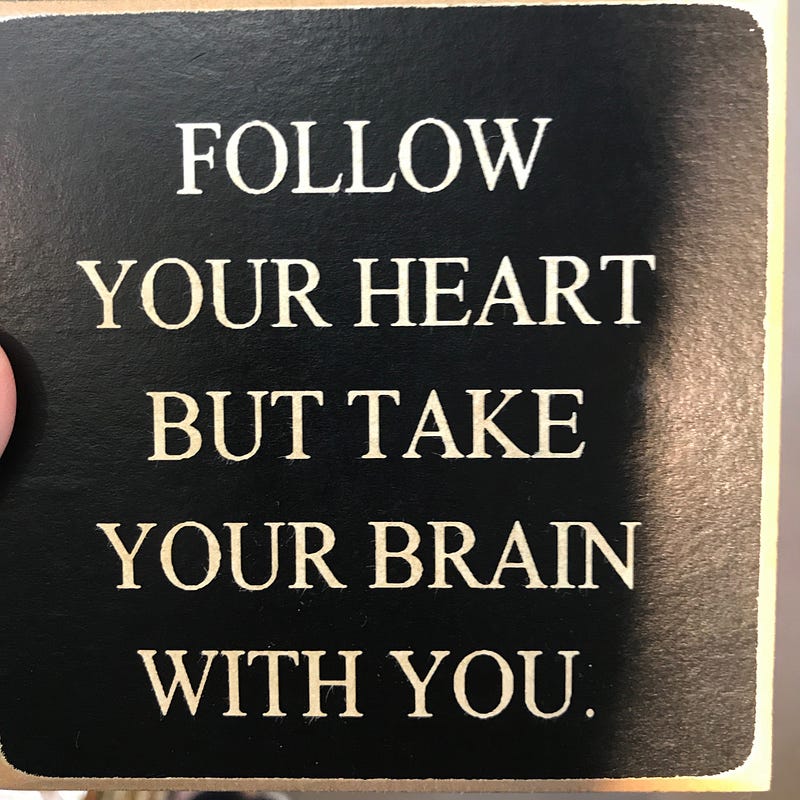DBT skills include mindfulness, emotion regulation, distress tolerance, and interpersonal effectiveness. All of these skills work together to help individuals create positive change in their lives as they begin to experience a life that feels worth it.
I’m a firm believer in Dialectical Behavior Therapy as I’ve used DBT techniques in my own life as well as with my clients. The theory behind DBT is interesting. It takes two seemingly opposing beliefs and begins to merge them. The fundamental building blocks for Dialectical Behavior are acceptance and change. A DBT trained mental health professional will accept where their client is coming from and still work with their client to keep the focus on positive change.

I am often asked what is the difference between DBT and CBT. Dialectical Behavior Therapy (DBT) is a form of cognitive behavioral treatment developed by Marsha Linehan, PhD, ABPP. It focuses on individual psychotherapy and group skills training classes to help people learn and use new skills and develop strategies to build a life that they experience as worth living. This is key. Each person should live a life they feel is worth living! DBT skills include mindfulness, emotion regulation, distress tolerance, and interpersonal effectiveness. All of these skills work together to help individuals create positive change in their lives as they begin to experience a life that feels worth it.
“DBT was originally developed to treat chronically suicidal individuals diagnosed with borderline personality disorder (BPD). Over the years, research has shown that it is effective in treating a wide range of other disorders such as substance dependence, depression, post-traumatic stress disorder (PTSD), and eating disorders.” (Behavioral Tech.)
DBT skills help you stop, take stock of your situation, breathe and then act with intention. While doing this, we have found that you can begin to develop a stronger heart/mind connection. It reminds me of a saying I recently saw in a small shop in Washington.

One of the terms you will hear in DBT is mindfulness. Being mindful is learning to live with yourself in the moment. There are specific skills to help teach mindfulness. Namely, Observe, Describe, and Participate are the core mindfulness “what” skills. They answer the question, “What do I do to practice core mindfulness skills?” Whereas, Non-judgmentally, One-mindfully,and Effectively are the “how” skills and answer the question, “How do I practice core mindfulness skills?”
Learning to step back and observe each situation, describe how and where you are feeling your reaction to the situation and then deciding how to mindfully participate in it are incredibly helpful skills when struggling with substance use issues. Substance use often turns the addict’s brain into an instant gratification machine. Mindfulness skills help to break that cycle. They also help to manage strong emotions such as anger and pain.
Another set of skills taught in DBT is interpersonal effectiveness. Many of us are good at nurturing relationships, but maybe not so good at effectively asking to get our needs met without damaging the relationship or our sense of self. Its so hard to communicate well when the stakes are high and let’s admit it, when either our needs or the needs of those we love are not being met, the stakes skyrocket pretty quickly. This makes learning interpersonal relationship skills especially vital. It has been said that the opposite of addiction is not sobriety, it is actually connection. If that’s the case, let’s learn to connect effectively.
One way to connect more authentically is to do so when our emotions are in check. DBT also teaches about distress tolerance. Sometimes we just don’t have the power or control to change a situation and we need to learn how to accept it, hopefully find some meaning in it and to do this we need to be able to tolerate some stress. Many addicts find that their distress tolerance cut-off point is also the point at which they use. When you can bump that point up by even one or two, you can learn to manage your stress in a way that helps you avoid a substance relapse. There is so much power in this! There is also so much hope!
There are two main ideas that help us learn about distress tolerance in DBT. The first is the ability to distract which includes self-soothing, improving the moment, and thinking of pros and cons. The other is acceptance skills and those include radical acceptance, turning the mind toward acceptance, and willingness versus willfulness. It should be noted that acceptance of something does not equal approval of that thing. That is important to remember. We can accept that this is what it is without agreeing with it. All of these skills are natural off-shoots of mindfulness.
Lastly, DBT teaches skills regarding emotion regulation. When we feel labile — or all over the place — we struggle to trust ourselves, let alone have others trust us. Some DBT emotion regulation skills include the following:Learning to properly identify and label emotions
- Identifying obstacles to changing emotions
- Reducing vulnerability to “emotion mind”
- Increasing positive emotional events
- Increasing mindfulness to current emotions
- Taking opposite action
- Applying distress tolerance techniques
DBT skills are powerful when used in day to day living. With acceptance of who and where we are we can stop fighting ourselves and embrace our reality. This frees up our energy to focus on the steps we need to take to make positive change. Clients and therapists can work together to set up real life, solid goals that will help the client take the step towards living an authentic and meaningful life. Each set of goals will be unique as each client is unique. DBT is about you and what you want out of your life.
If you are struggling to feel understood and questioning whether your life has meaning please contact us at (801) 407–9998. We specialize in DBT skills training as well as addiction recovery. You are not alone.
References
Linehan, M.M. (2014). DBT® Skills Training Manual, Second Edition. New York: Guilford Press